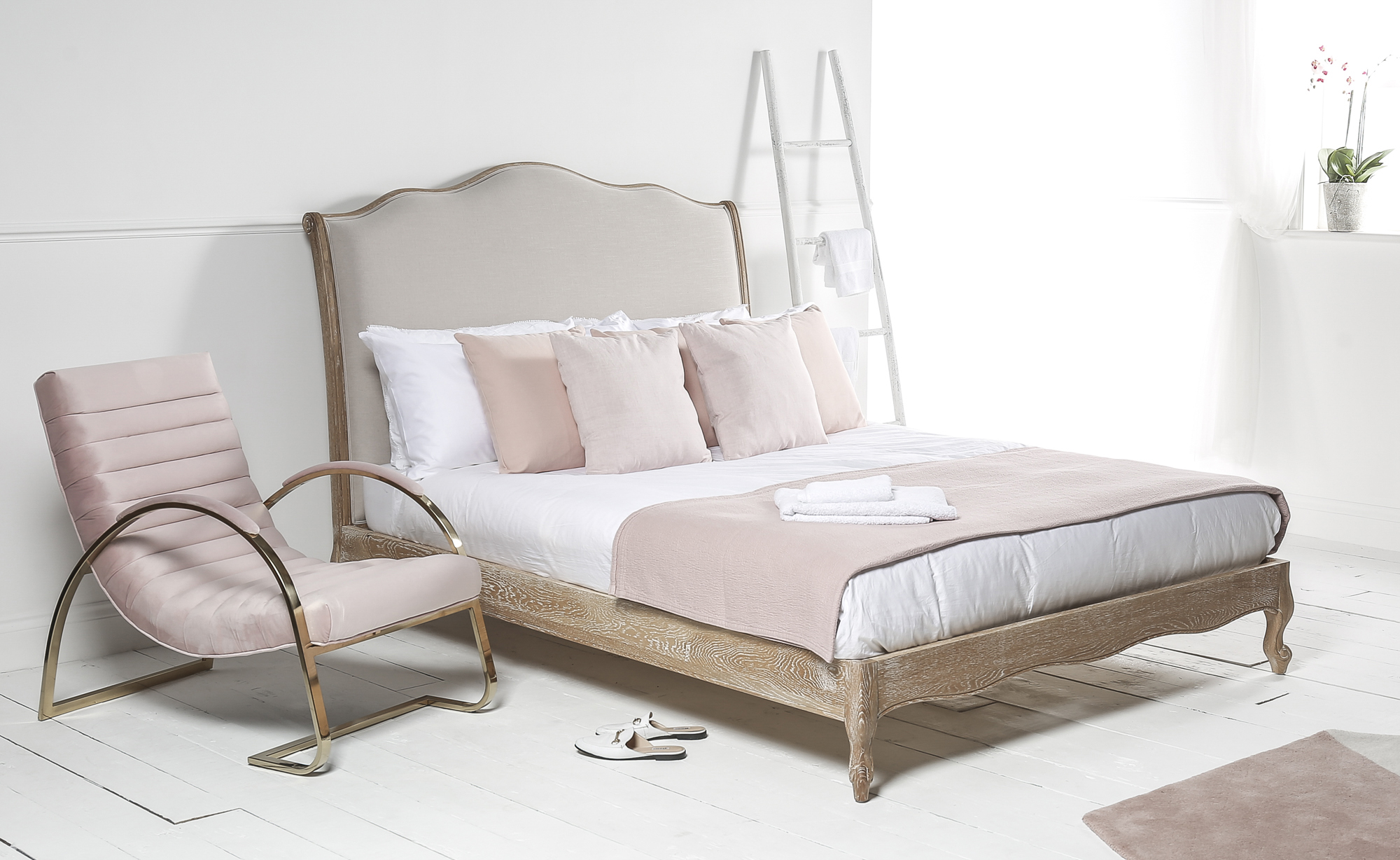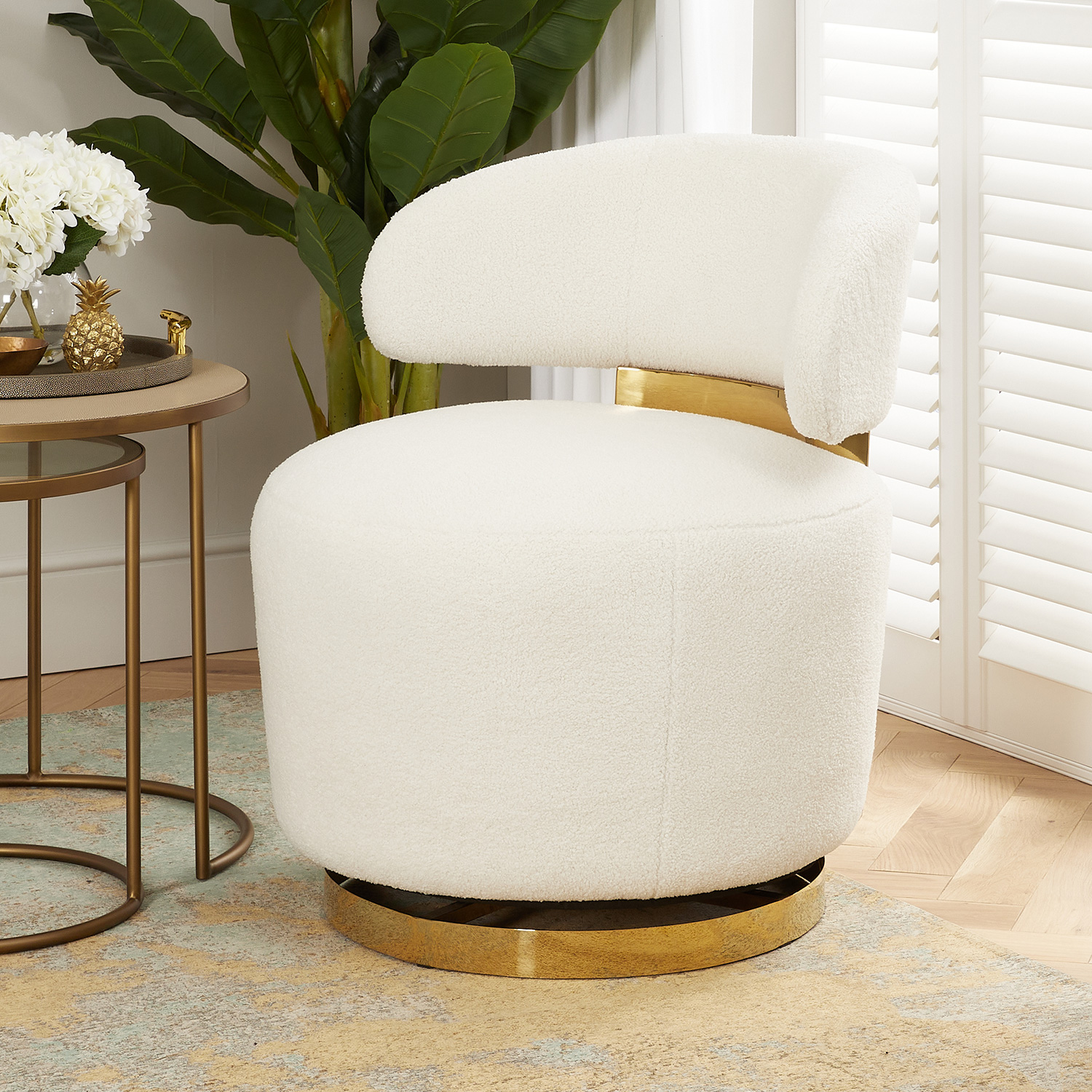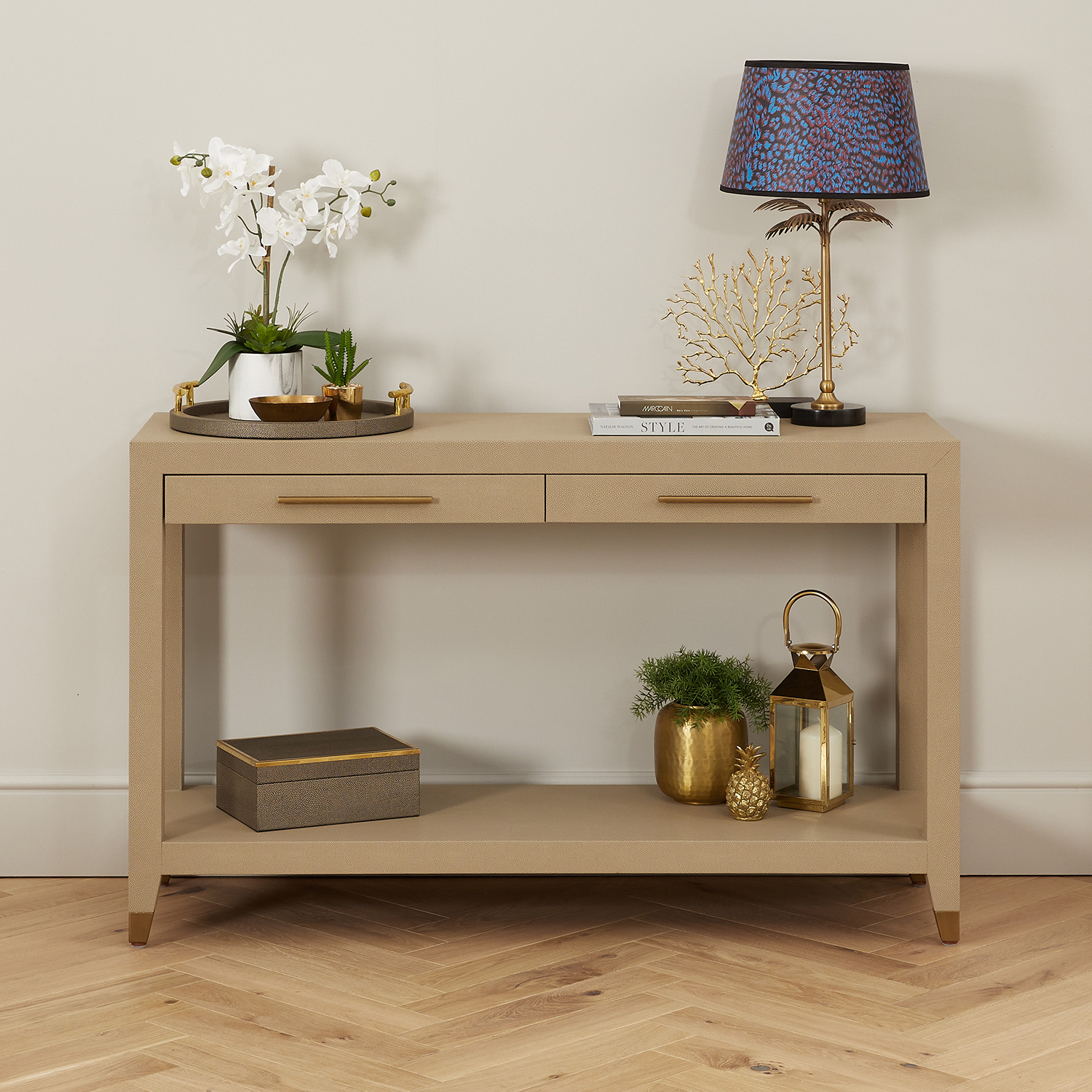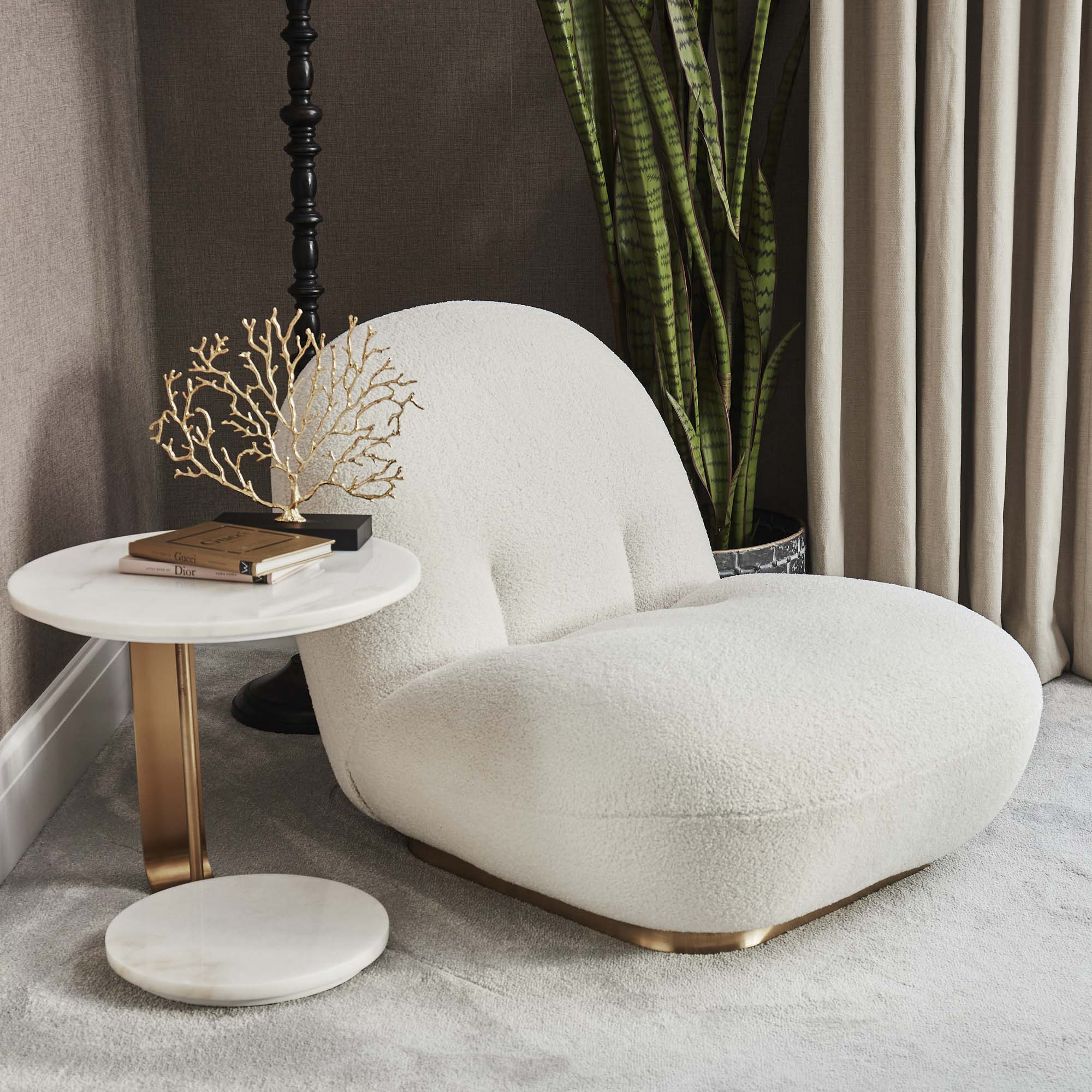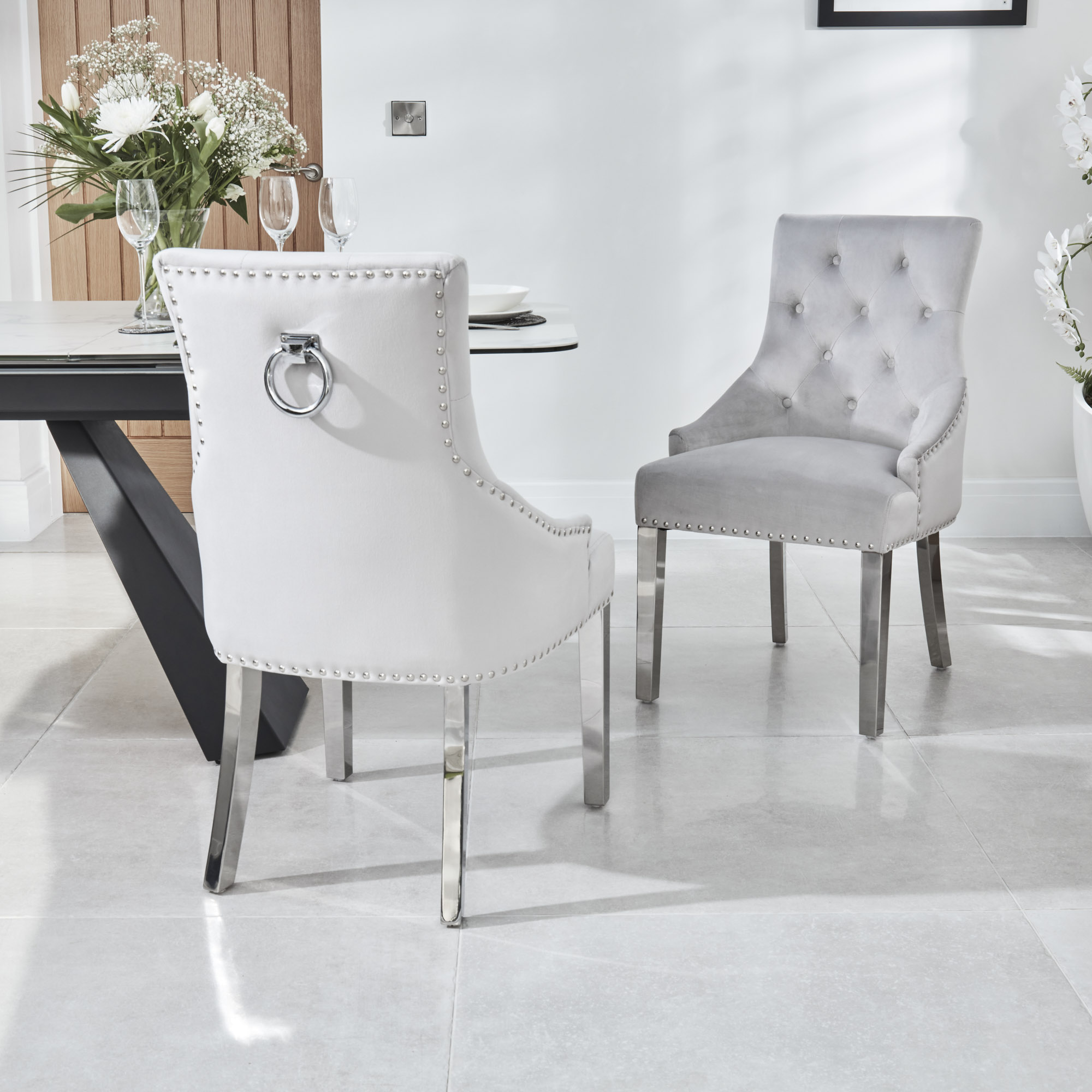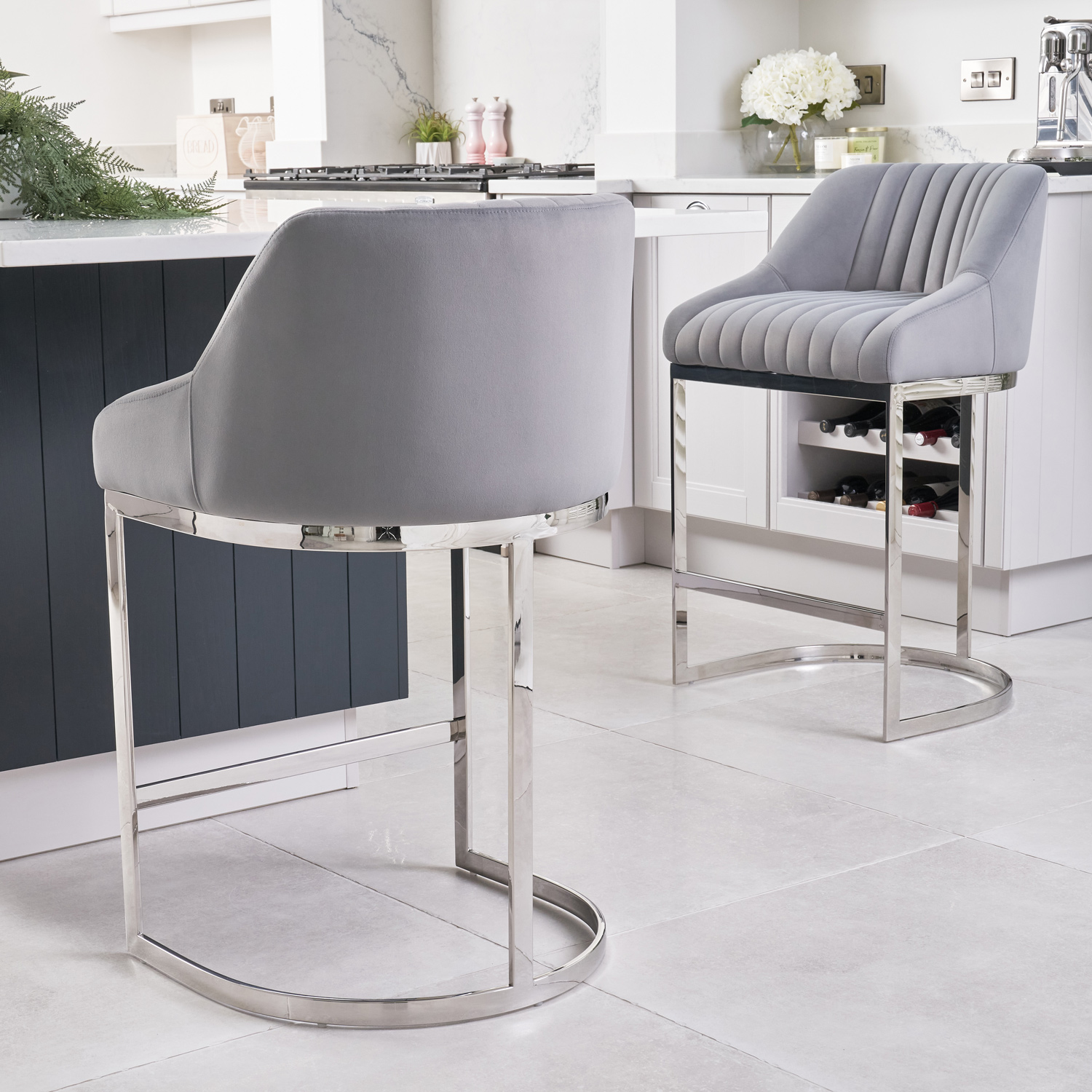How to cure insomnia
Since the beginning of time humans have needed sleep to stay alive. But our ancestors were said to have preferred polyphasic sleep (sleeping in two or three shifts of 2-4 hours) over the 8 solid hours we’re told we should be getting per night. But what if you’re not getting to sleep properly? Insomnia affects 33% of the entire UK population and doesn’t necessarily mean you can’t sleep. It means you find it difficult getting to sleep or have a rocky relationship with sleep. Here is a guide on how to cure insomnia – but to find the ‘cure’ we first have to identify the symptoms of insomnia:
- Waking up regularly throughout the night
- Feeling tired and moody in the day
- Lack of concentration during the day
- Difficulty with trying to nap during the day
- Feeling like you’re still tired when you wake up
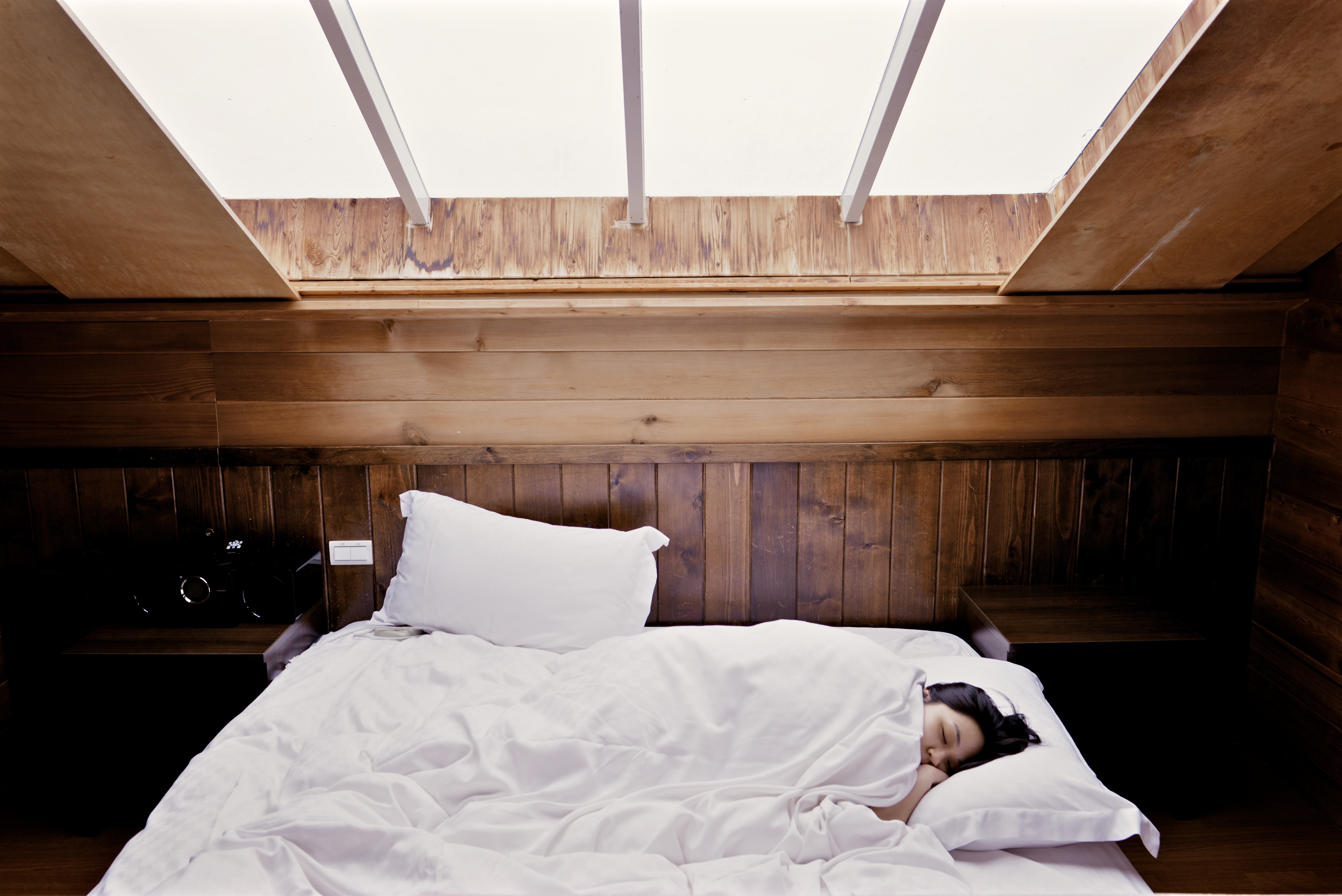
The causes of insomnia are varied, ranging from stress and anxiety to a lumpy mattress. Finding the cause of the problem and tackling that first before trying any medication is the best way to cure insomnia. Making lifestyle changes is another way to help you drift off to sleep. This includes:
- Cutting out alcohol, nicotine and caffeine 3 – 4 hours before you go to bed
- Eating dinner no more or no less than 3-4 hours before bed. Although food initially makes you sleepy, it gives you energy. But eating your meal too early may mean hunger prevents you from sleeping later on.
- Swapping your phone, laptop or TV’s screen for a book. The screen brightness can keep you up at night thanks to an increase in melatonin – the hormone that tells your body it’s time to sleep.
- Creating a ‘winding down’ routine for yourself so your body knows it’s time to settle down for bed. This could be anything from a warm bath to a relaxing exercise routine.
- Writing down your worries before bed and writing down a potential solution to each of them – no matter how big or small.

If lifestyle changes are making any impact on your sleeping pattern, then it may be your way of thinking. Cognitive behaviour therapy (CBT) can be a very effective way of rewiring your brain and changing your outlook on life. It’s especially effective with people who suffer from anxiety, depression and stress. CBT has been widely reported as a successful therapy with 70% of insomnia sufferers saying it helped them sleep better.
There are two main habits you should be getting into when it comes to insomnia:
Finding out what or why?
Identifying what is actually affecting your sleep. Is it fear of not sleeping? Is it the stresses of your daily life? Is it drinking too much alcohol or coffee? Make observations for a week to find out if there’s anything that could be stopping you from getting a good night’s sleep.
Spending less time in bed
As crazy as that sounds, spending less time in bed when you’re trying to cure insomnia can heavily contribute towards a speedy recovery. The more time you spend in bed trying to sleep, the more you’ll associate your bed with negative feelings. If you only get into bed when you’re well and truly tired then you’re much more likely to associate your bed with ‘winding down’ time. Make your bedroom sleep-friendly by getting rid of any clocks so you can’t look at the time after 10.30pm. Plug your phone into a socket at the other side of your bedroom and use that as an alarm clock.
Ready to drift off to dreamland? Browse our luxurious beds today.
Here at Grosvenor Furniture, our team strive to provide our customers with quality inspiration across all our latest furniture, news and services.
If you enjoyed this article, why not head over to Grosvenor Furnitures collection of furniture industry articles and exclusive insights now!

